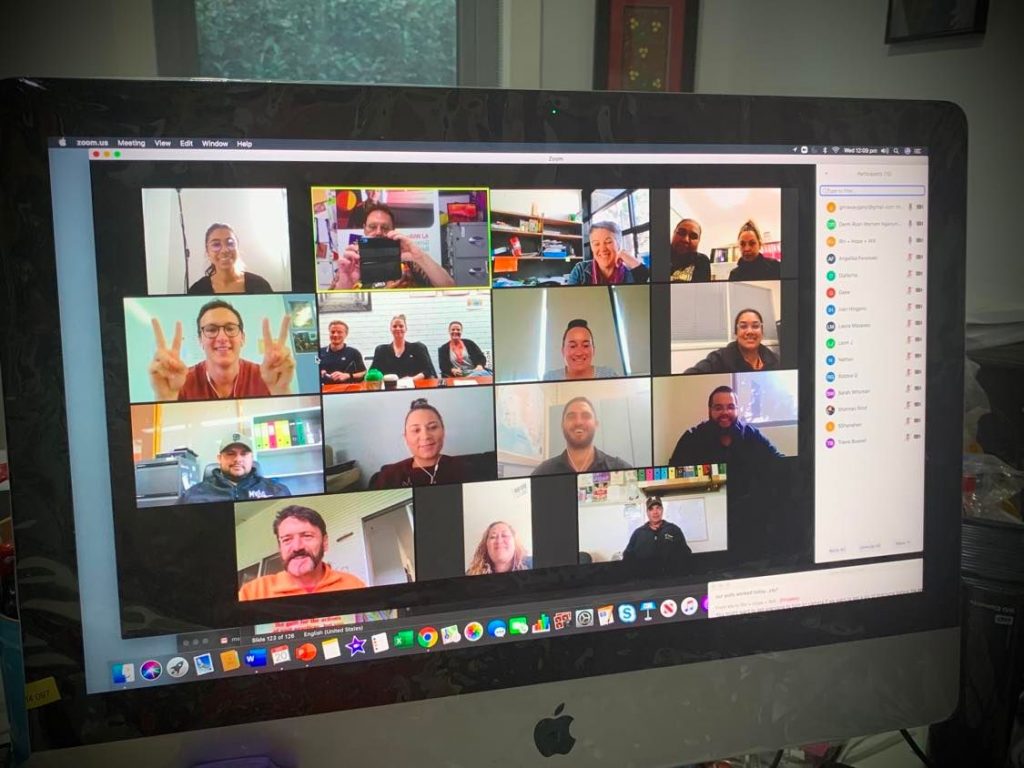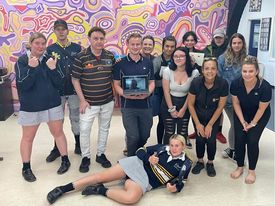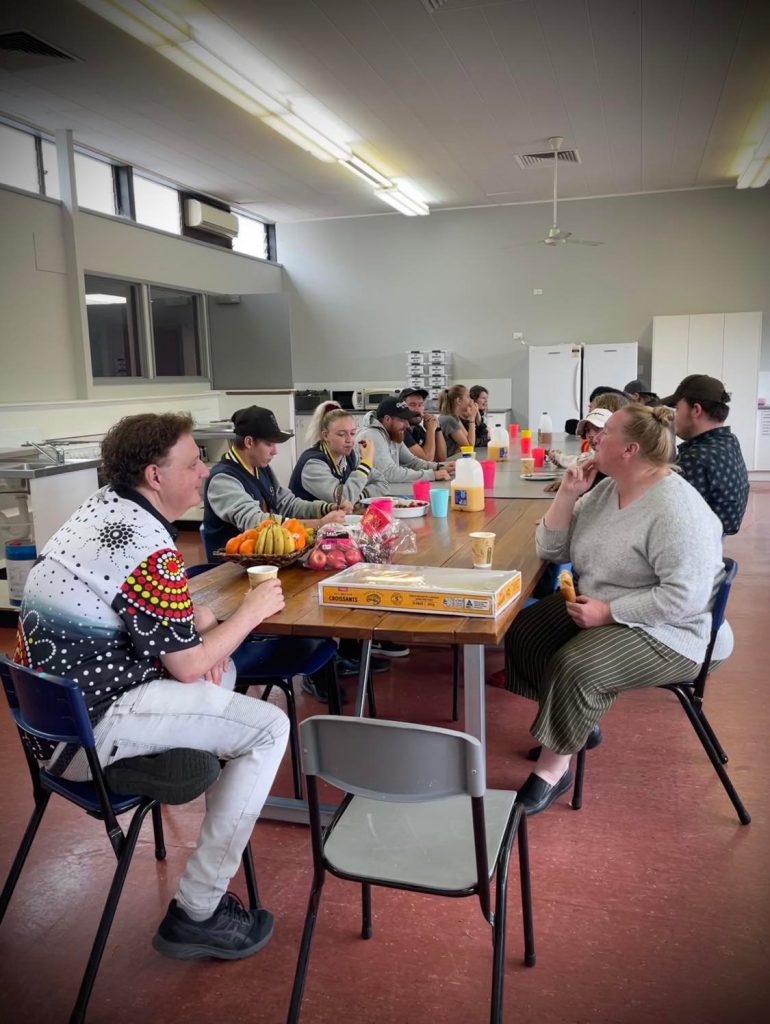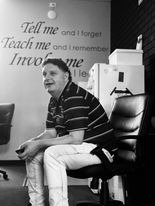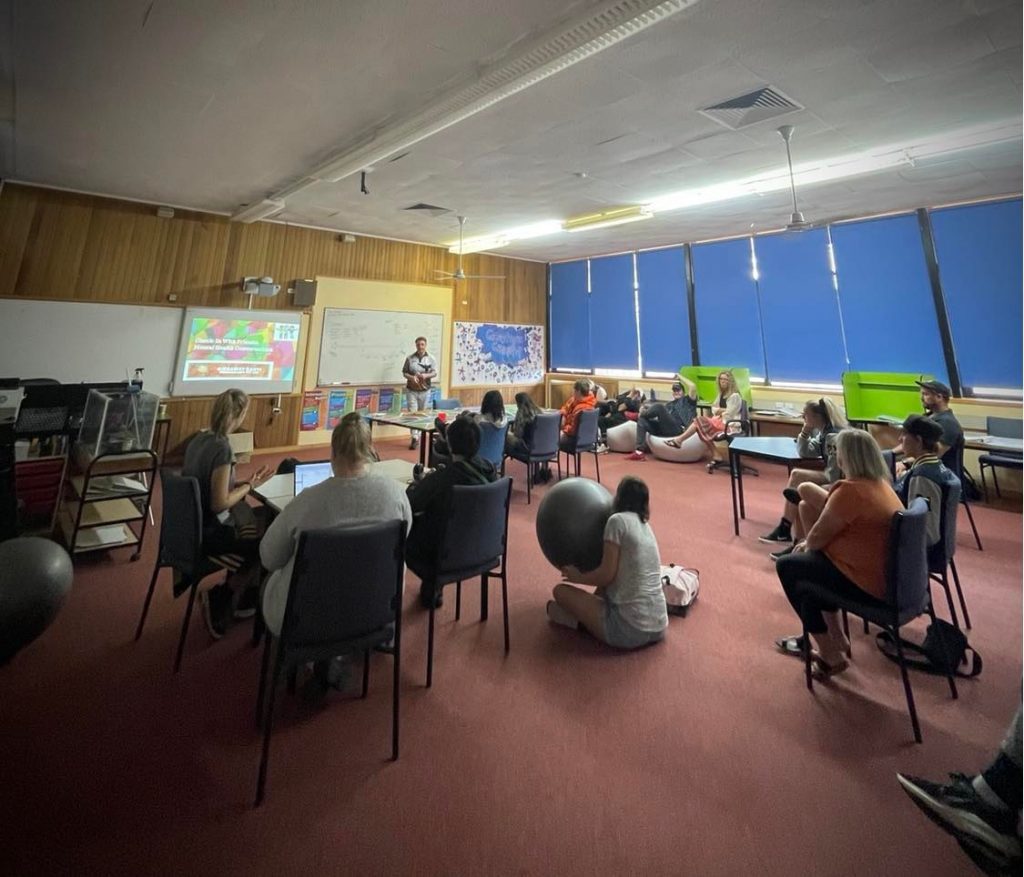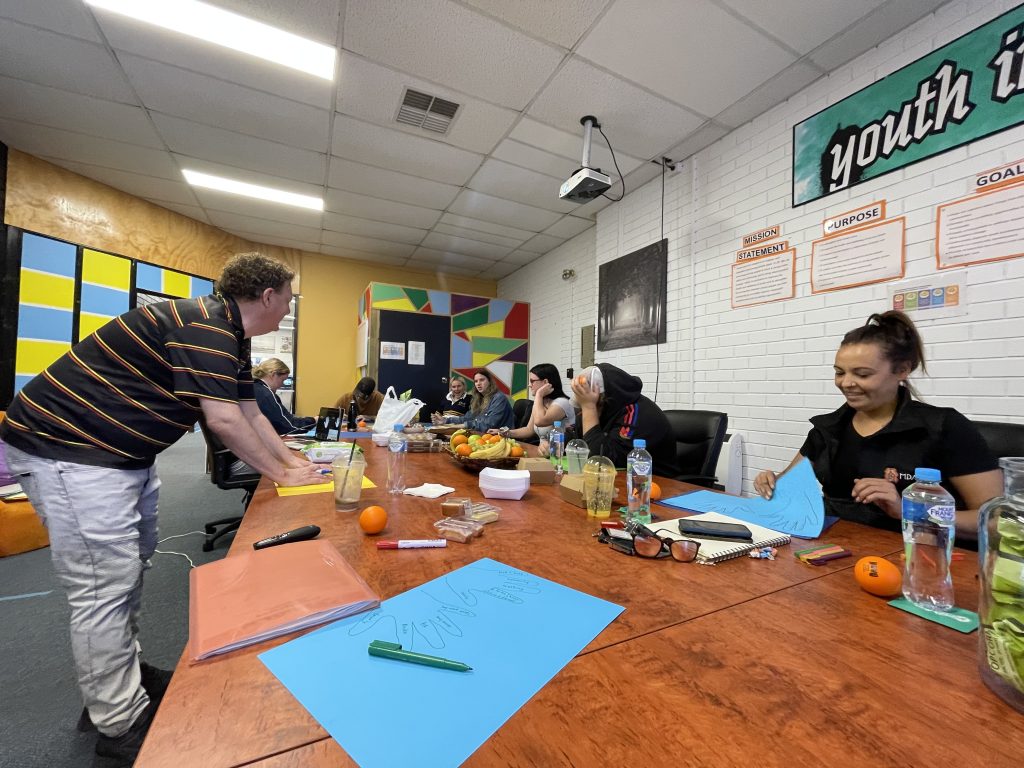Foundation for Rural & Regional Renewal (FRRR)
Youth mental health is an issue that many organisations and communities across the country work hard to improve. Raising awareness through conversation and proper guidance is crucial to improving and strengthening the mental health of young Australians. In the northwest of Victoria, you’ll find the city of Swan Hill where Youth Affairs Council Victoria (YACVic) are doing just that. As the leading advocate for young people aged 12-25 in Victoria, they work closely with young Victorians and the sector to support them and deliver effective advocacy.
Over the past two years, YACVic have hosted the ‘Turning Ideas into Action’ and ‘What Matters’ youth forums across Victoria. Through these forums, young people have identified mental health as a major priority. A report conducted in 2010 (Working Together: Aboriginal and Torres Strait Islander Mental Health and Wellbeing Principles and Practice) identified young Aboriginal people are at increased risk of experiencing mental illness and are also less likely to engage with mainstream youth mental health services. To improve this situation, YACVic wanted to create a space that would be culturally safe and relevant for Aboriginal and Torres Strait Islander youth.
YACVic sought funding to deliver culturally specific Mental Health First Aid (MHFA) training program – Deadly Yarning & Learning. The training session would target 20 Aboriginal and Torres Strait Islander young people and then ten additional people to work with them on a regular basis as mentors in Swan Hill and Robinvale. The training would be provided by AJ Williams-tchen from Girraway Ganyi to make sure that both the content and delivery is done in a competent and safe manner.
Using a $13,480 In a Good Place (IAGP) grant, supported by CCI Giving, YACVic would partner with local services in the area including Mallee District Aboriginal Services and Robinvale Secondary College to provide the training over two days in each location. The following six months would then involve regular monthly community of practice sessions for the 20 participants to discuss how they have been able to put into practice their training since the initial sessions. The catch ups would also be used as a safe space for debriefing and continued peer learning and development, but also as a way to identify any key issues that had arisen in the community.
After having one training session in each location, YACVic were required to quickly adapt the original plan, with the COVID pandemic and lockdowns causing serious disruptions to the project. To ensure the safety of everyone involved, YACVic decided to postpone the face-to-face youth training component of the project until restrictions eased. They were, however, able to take the mentor training online, which proved to be quite beneficial as they were able to bring five more people on as mentors.
By undertaking the training and participating in the monthly community of practice sessions, Aboriginal and Torres Strait Islander young people will gain skills in MHFA, connect with each other, relevant workers and service providers and increase their confidence and leadership skills while helping to shape local, culturally safe responses to mental health.
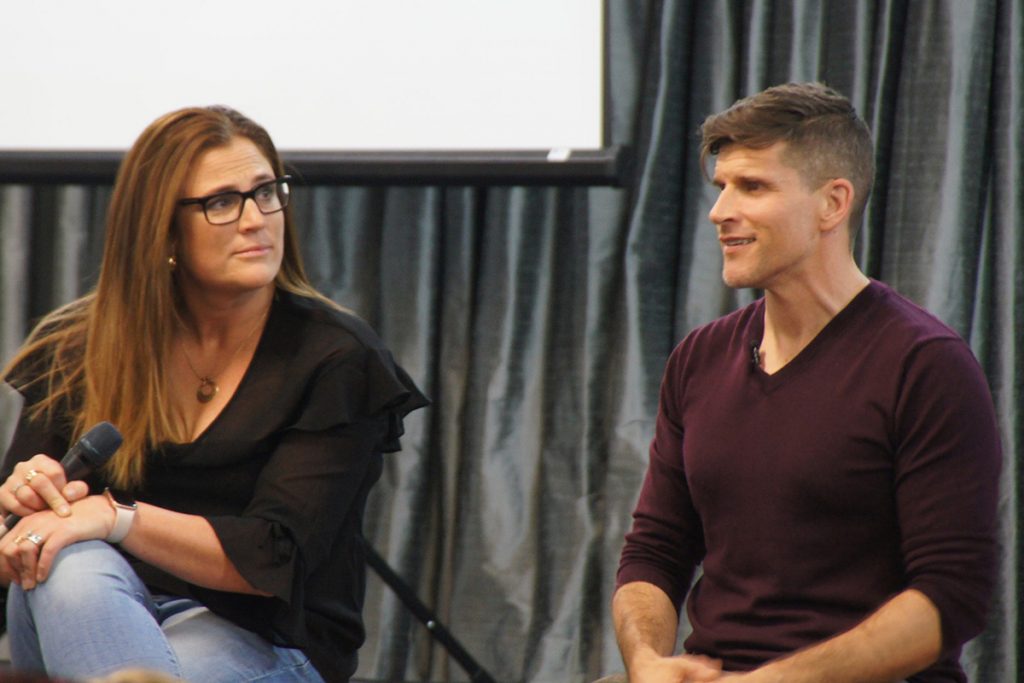
Robinvale is a small, rural and remote community on the Victorian border situated between Swan Hill and Mildura. With a population of around 8,000 people, the entire area is part of the Victorian food bowl, and the main businesses are agribusiness and horticulture. As a result, there is a relatively large section of the community that is seasonal and transient. Demographically, about 70% of the community is of CALD background.
The Robinvale Network House is committed to empowering community and individuals through a range of educational and community capacity building programs to meet the needs of the local community. Robinvale Network House’s Coordinator, Carolyn Martinussen, explained that people in Robinvale are generally supportive of each other, however there are high levels of stigma surrounding mental health and/or alcohol and other drugs (AOD).
“In a small community, the ripple effect of a person and / or family hurting through mental health, AOD or suicide is devastating – many of us know the person and / or their family. For the most part, people are supportive of each other, however, this can change if the stigma of mental health and / or AOD is present,” she said.
This, combined with the element of shame and lack of knowledge about where or how to access services, was becoming an increasing issue in the community. Following several suicides, the community decided it was time to proactively address these issues.
To assist in continuing the conversation, and to complement and promote available services, Robinvale Network House planned the Be SAFE Mental Health Forum. It would refocus on a range of issues about mental health, AOD and suicide, aiming to decrease the stigma on each topic.
Through FRRR’s In a Good Place program, funded by CCI Giving, they secured funds to have celebrity Osher Gunsberg speak about his struggle with mental illness. The aim was to encourage the community to speak up and be part of the conversation surrounding mental health and AOD issues. Representatives from headspace also attended and answered questions from attendees, while allied health staff from Robinvale District Health Services handed out brochures from other agencies detailing their services and contact details.
The response to the Be SAFE Mental Health Forum was positive, with around 200 people from Robinvale, Euston, Mildura, Balranald and Swan Hill turning out to hear Osher speak of his life living with mental health problems. While Osher’s story was certainly informative and relevant, Carolyn Martinussen said that the most valuable part of the evening was the unscripted questions from the floor, which lasted for an hour.
“I’ve been in my role for 19.5 years and have organised many projects and programs in that time. Almost every person present came up to me to thank me for organising this event. [The Chairman of Robinvale Network House], who was attending a suicide prevention conference in Hobart, rang me at 7am the next morning [and said] his social media feed was full of comments about the event”.
Ms Martinussen said that someone received a text message from a mate the day after the event. His mate was in crisis but because he had seen and listened to Osher the night before, he felt he knew how to help and could be there for his mate when he needed it the most. Be SAFE was an example of how members in small communities all pitch in to make things happen.
Council donated the use of the Community Centre and provided an AV technician to oversee sound and video on the night; volunteers set up the venue, even the local primary school stepped in with a data projector.
There was no marketing budget for the event, however flyers were produced and circulated, and social media was put to very good use. The event received excellent coverage from the local media outlets – Sunraysia Daily, local ABC Breakfast radio, and a podcast where local Councillor Jade Benham interviewed Osher on The Vale Podcast “Conversations in Cars” recorded on the trip from Mildura to Robinvale for the event.
Osher himself posted on his social media about the event and the Robinvale area:
“What a night we had in Robinvale, last night. Thank you everyone who drove so far to come to hear me speak. I was so grateful to speak about Mental Health here, and thanks for a superb Q&A afterwards, also it was cracking to meet everyone. Massive gratitude to the team that brought me out here, Sue & Carolyn – and Jade from The Vale Podcast for the great chat.”
Osher Gunsberg
Two prominent local men and their partners, all of whom were there on the night, also appeared on The Vale Podcast “Bringing it home”, candidly discussing depression, attempted suicide, self-medicating, the need to speak up and the caring role of partners.
Since the event, there has been an increased uptake of local Mental Health First Aid training, the local pharmacist reports an increase in mental health related prescriptions being presented, and people have commented that they are using a breathing technique that Osher demonstrated on the night.

